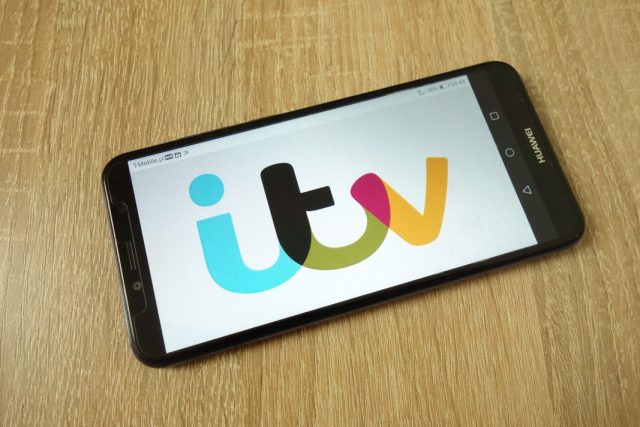In the latest in a series of high-profile IR35 cases at the tax tribunal, HM Revenue & Customs chalked up another win this week in the case of television presenter Eamonn Holmes.
Holmes, who hosts ITV’s This Morning, claimed that his work with the broadcaster was performed on a freelance basis. He was contracted to ITV via his own limited company, Red, White and Green Limited.
However, the tribunal ruled that his relationship with ITV was more akin to employment for all of the tax years in question. The parties are yet to agree on the amount of tax Mr Holmes owes, but sources told the Daily Mail that the figure could be as much as £250,000.
“My view is that overall, throughout all relevant tax years, the assumed relationship between ITV and Mr Holmes was one of an employment rather than self-employment,” said Judge Harriet Morgan.
Under the terms of the contract, Holmes’ limited company was required to supply his services “on an exclusive basis” during the specified period or on dates agreed with his executive producer. The dates specified included a series of Fridays, with exceptions in July and August, and Monday to Thursday dates in other weeks.
Holmes argued that he worked on the ITV current affairs show in a self-employed capacity, adding that he “controls” the programme. “I am my own creation, I am not anybody’s slave on This Morning,” he said during a hearing.
Additionally, Holmes’ lawyer Robert Maas argued that the lack of employee benefits provided to him suggested a self-employed relationship, but the judge rejected this, saying: “I cannot see that, under the principles set out in case law, the provision of any additional enhanced benefits, in excess of the statutory minimum, is an integral part of an employment relationship.
“In my view, the fact that a putative employer has chosen not to provide such benefits does not of itself indicate that a relationship is not one of employment where the other substantive legal rights and obligations of the parties evidence the contrary.”
The decision comes in contrast to the case of Holmes’ ITV colleague Lorraine Kelly, who won her IR35 appeal last year despite performing a similar role at the broadcaster. Kelly’s case concerned a potential £1.2 million tax liability.
Holmes’ contract required him to be “as flexible as possible” regarding any changes to dates and also included a provision for his company to receive payment in full in the event that any dates were cancelled and not rescheduled. Holmes received a fixed fee for each programme and additional benefits such as a clothing allowance of £5,000, travel and accommodation expenses and the provision of a car to the studio.
As nuanced as IR35 cases typically are, in the end it was the level of control that ITV could exercise over Holmes’ work that led to the tribunal finding him “inside IR35”. Holmes put forward the argument that it was wrong to view ITV as being “his master”, he was more akin to a chef: ITV would provide the ingredients and he would supply the final result.
However, ITV had full editorial control of the content, was able to restrict Holmes’ commercial activities, could ask him not to wear branded clothing and even if at times, as he claimed, Holmes ‘did his own thing’, the contract contained the expectation of control.
The judge said the fact that ITV lack the ability in the immediate sense to control Holmes’ performances during a live broadcast did not mean that the relationship could not be categorised as employment. The absence of employee benefits was also not a material reason to rule out an employment contract.
The contractual stipulation that payment would be made even in the event of cancelled shows also clearly evidenced the presence of mutuality of obligation: an obligation on the part of the hirer to provide work and an obligation on the part of the worker to perform the services.
The tribunal thus concluded there were sufficient levels of mutuality and control for the relationship to be considered one of employment rather than self-employment.
A spokesperson for Holmes said: “Eamonn has always considered himself a self-employed freelancer and has never knowingly avoided paying taxes. He is taking the time to understand the extensive document detailing the outcome.
“Like many people across the country and from many different professions, he is seeking to comprehend what this means; and simply wishes for clarity and consistency across the guidelines so that people don’t suffer the same confusion over these retrospective IR35 rulings.”
An HMRC spokesperson said: “HMRC welcomes the judgement, which confirms that we took the right approach.
“The tax rules require that employment taxes are paid even where a person works through their own company. HMRC ensures that tax is paid in accordance with those rules.”
Of the eight high-profile media presenter cases that have been appealed at tribunal to date, HMRC have won five and two are under appeal. The only case that HMRC have lost and not appealed was the Lorraine Kelly case.
28th February 2020.









